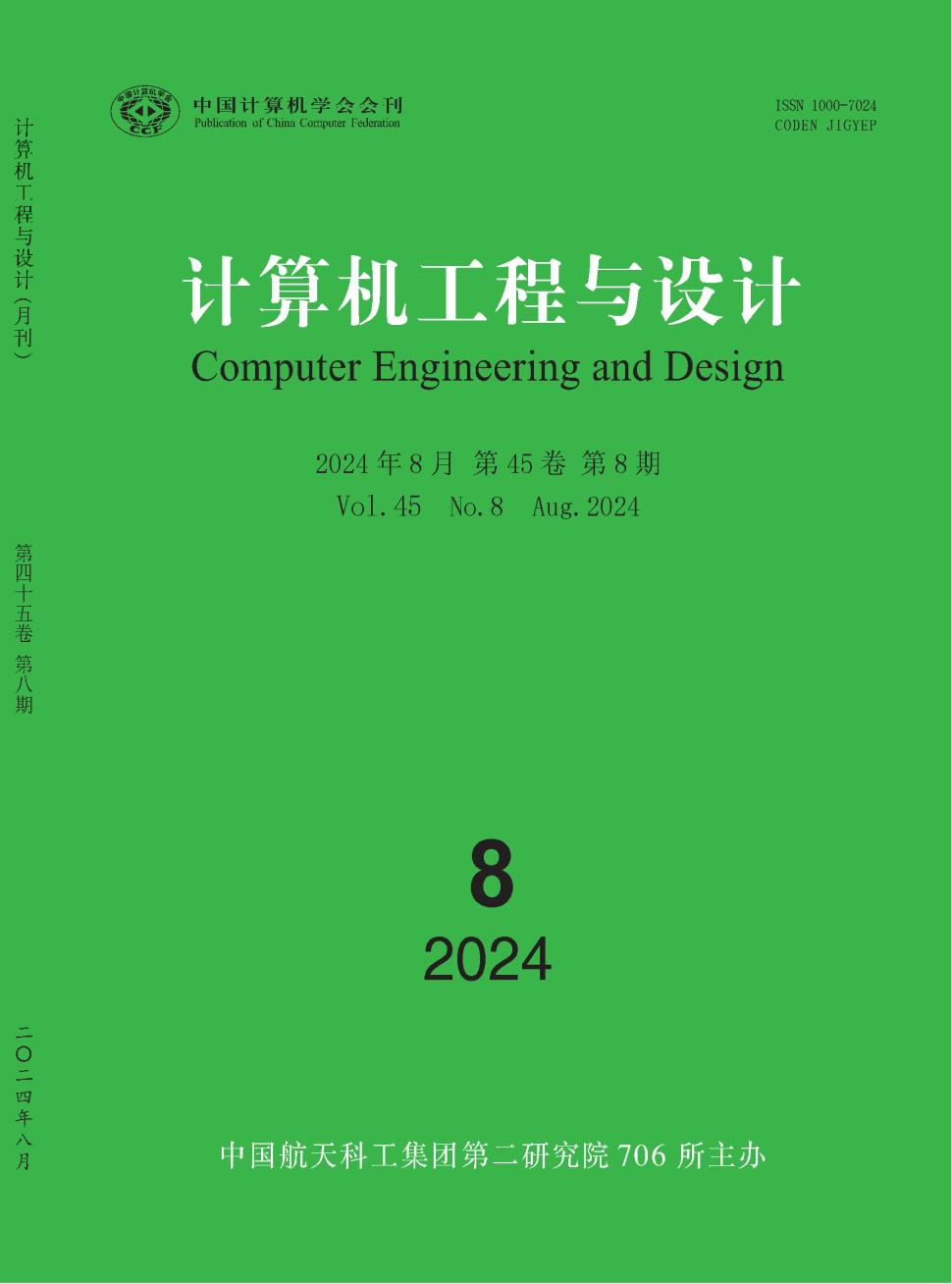多机器人场景下的分散联邦强化学习
引用次数: 1
摘要
联邦学习(FL)允许跨多个计算设备协作地聚合学习到的信息,并在它们之间共享这些信息,从而解决隐私问题和对大带宽的需求。FL技术通常使用中央服务器或云来聚合从设备接收到的模型。这种集中式FL技术存在中心节点故障和信道带宽瓶颈等固有问题。当FL与作为设备的连接机器人一起使用时,中央控制实体的故障可能导致混乱局面。本文描述了一种基于移动智能体的多机器人场景下FL的分散模式。利用Webots(一个流行的免费开源机器人模拟器)和Tartarus(一个移动代理平台),我们提出了一种在一组连接机器人中分散联邦学习的方法。通过在不同的连接计算系统上运行的网络机器人,我们展示了移动代理如何执行分散联邦强化学习(dFRL)的任务。通过对Q-learning和SARSA的相应q表进行聚合,得到的实验结果表明,在机器人领域使用分散FL是可行的。由于所提出的工作可以与其他学习算法和真实机器人结合使用,因此它可以作为在多机器人场景中同时使用异构学习算法的分散FL研究的重要工具。本文章由计算机程序翻译,如有差异,请以英文原文为准。
On Decentralizing Federated Reinforcement Learning in Multi-Robot Scenarios
Federated Learning (FL) allows for collaboratively aggregating learned information across several computing devices and sharing the same amongst them, thereby tackling issues of privacy and the need of huge bandwidth. FL techniques generally use a central server or cloud for aggregating the models received from the devices. Such centralized FL techniques suffer from inherent problems such as failure of the central node and bottlenecks in channel bandwidth. When FL is used in conjunction with connected robots serving as devices, a failure of the central controlling entity can lead to a chaotic situation. This paper describes a mobile agent based paradigm to decentralize FL in multi-robot scenarios. Using Webots, a popular free open-source robot simulator, and Tartarus, a mobile agent platform, we present a methodology to decentralize federated learning in a set of connected robots. With Webots running on different connected computing systems, we show how mobile agents can perform the task of Decentralized Federated Reinforcement Learning (dFRL). Results obtained from experiments carried out using Q-learning and SARSA by aggregating their corresponding Q-tables, show the viability of using decentralized FL in the domain of robotics. Since the proposed work can be used in conjunction with other learning algorithms and also real robots, it can act as a vital tool for the study of decentralized FL using heterogeneous learning algorithms concurrently in multi-robot scenarios.
求助全文
通过发布文献求助,成功后即可免费获取论文全文。
去求助
来源期刊
自引率
0.00%
发文量
20353
期刊介绍:
Computer Engineering and Design is supervised by China Aerospace Science and Industry Corporation and sponsored by the 706th Institute of the Second Academy of China Aerospace Science and Industry Corporation. It was founded in 1980. The purpose of the journal is to disseminate new technologies and promote academic exchanges. Since its inception, it has adhered to the principle of combining depth and breadth, theory and application, and focused on reporting cutting-edge and hot computer technologies. The journal accepts academic papers with innovative and independent academic insights, including papers on fund projects, award-winning research papers, outstanding papers at academic conferences, doctoral and master's theses, etc.

 求助内容:
求助内容: 应助结果提醒方式:
应助结果提醒方式:


